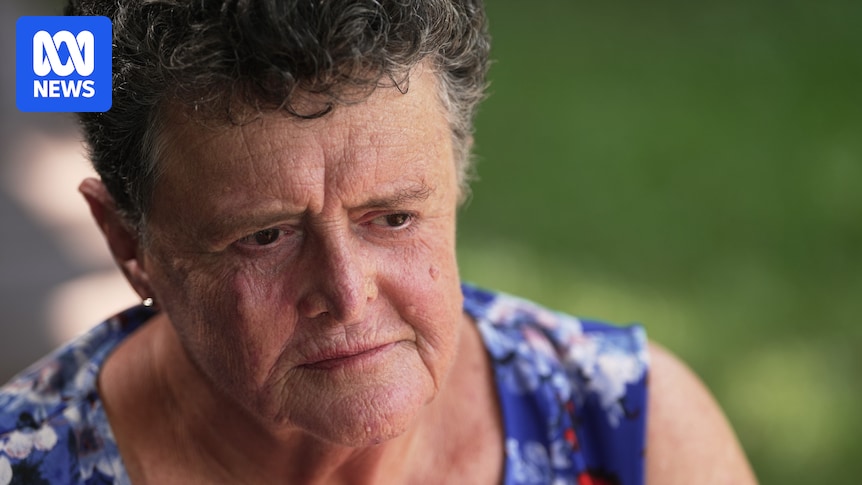HIV in Women: Late Diagnosis & Support Gaps – A Growing Concern
HIV continues to be a significant global health challenge, disproportionately affecting women. A critical aspect of this issue is the alarmingly high rate of late diagnosis among women, coupled with significant gaps in support systems designed to help them navigate this complex illness. This delay in diagnosis and access to care has profound implications for individual health outcomes and public health strategies.
The Challenges of Late Diagnosis
Late diagnosis of HIV in women presents a multifaceted problem. Several factors contribute to this troubling trend:
-
Stigma and Discrimination: Fear of judgment, societal stigma, and discrimination within healthcare settings prevent many women from seeking testing or disclosing their HIV status. This is particularly true in communities with limited access to culturally sensitive and LGBTQ+-affirming healthcare.
-
Lack of Awareness and Education: Insufficient public health campaigns targeting women specifically, and a lack of easily accessible information about HIV testing and prevention, contribute to a lack of awareness. Many women may not understand their risk factors or the importance of regular testing.
-
Symptom Overlap: The symptoms of HIV can be subtle and easily mistaken for other illnesses, leading to delayed diagnosis. This is especially problematic for women, as symptoms can be masked by other health conditions like menstrual irregularities or pregnancy.
-
Access Barriers: Geographic location, socioeconomic status, and lack of health insurance significantly impact access to testing and treatment. Women in rural areas or marginalized communities often face substantial barriers in accessing healthcare services.
-
Healthcare Provider Bias: Unconscious bias amongst healthcare providers can lead to overlooked or delayed diagnoses in women. This may manifest as a lack of proactive screening or a failure to adequately address the woman's concerns.
The Impact of Late Diagnosis
Delayed diagnosis has severe consequences:
-
Advanced Disease Progression: Late diagnosis means the virus has had more time to replicate, leading to a weakened immune system and increased susceptibility to opportunistic infections.
-
Increased Morbidity and Mortality: Individuals with late-stage HIV face a significantly higher risk of developing AIDS-defining illnesses and death.
-
Transmission Risk: A delay in diagnosis increases the risk of transmission to sexual partners and children.
Addressing the Support Gaps
Closing the support gaps for women living with HIV requires a multi-pronged approach:
-
Improved Access to Testing: Implementing widespread, easily accessible HIV testing programs, including home testing kits and community-based testing initiatives, is crucial.
-
Targeted Awareness Campaigns: Public health campaigns must specifically target women, addressing their unique needs and concerns, and promoting regular testing.
-
Culturally Sensitive Healthcare: Healthcare systems need to adopt culturally sensitive approaches that prioritize the specific needs and concerns of women from diverse backgrounds, addressing language barriers and cultural beliefs.
-
Enhanced Healthcare Provider Training: Equipping healthcare providers with the knowledge and skills to effectively screen, diagnose, and manage HIV in women is essential.
-
Comprehensive Support Services: Providing holistic support services, including psychosocial support, access to medication, and financial assistance, empowers women to manage their health effectively.
-
Reducing Stigma: Initiatives aimed at reducing stigma and promoting open conversations about HIV are critical to encouraging women to seek testing and treatment.
Conclusion: A Call for Action
Addressing the challenges of late HIV diagnosis and support gaps in women requires a concerted effort from healthcare providers, public health officials, community organizations, and individuals. By investing in accessible testing, targeted education, culturally sensitive care, and comprehensive support services, we can improve the lives of women living with HIV and work towards a future without AIDS. Further research is also needed to better understand the unique challenges faced by women and develop more effective interventions. Let's work together to break down barriers and ensure all women have access to the care they deserve.
Further Resources:
(Note: Remember to replace the bracketed placeholders with actual, relevant links.)

